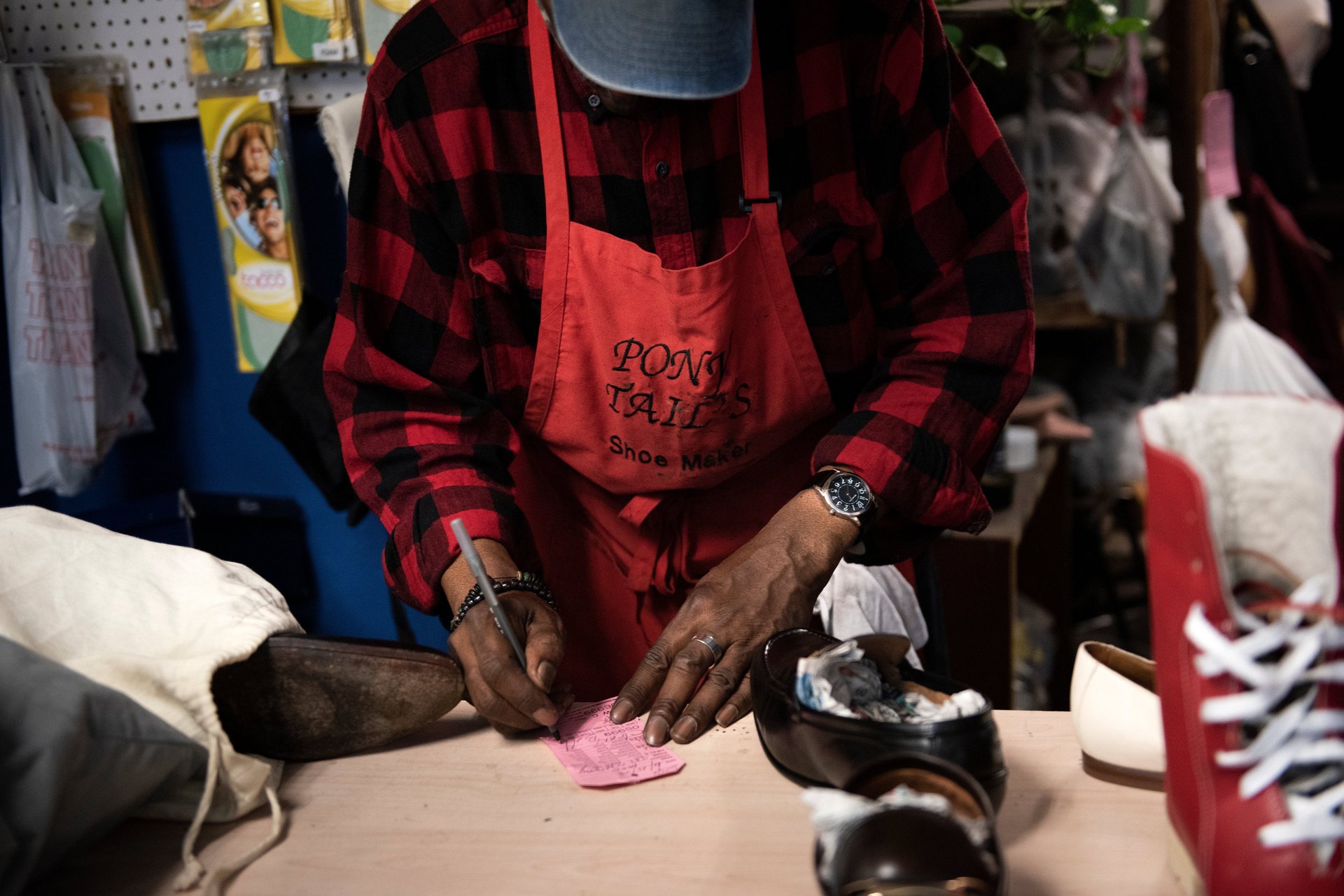Companies must give more for an equitable world
One year ago, the killing of George Floyd precipitated a national movement that advocated for unity, insisted on accountability, and demanded justice. In the aftermath, we saw corporate leaders publicly acknowledge their role in pushing for social and economic justice. The question I was asked privately by many CEOs during those tumultuous days of protest and pain was how to move from words to action to make a real difference.


One year ago, the killing of George Floyd precipitated a national movement that advocated for unity, insisted on accountability, and demanded justice. In the aftermath, we saw corporate leaders publicly acknowledge their role in pushing for social and economic justice. The question I was asked privately by many CEOs during those tumultuous days of protest and pain was how to move from words to action to make a real difference.
In response, last June, I proposed the “2% Solution”—a principle by which large companies devote 2% of their earnings to any number of initiatives that help deliver racial equity. The number isn’t arbitrary; the average American family donates 2% of its income to charity each year. Large companies should do the same. If enough companies did, they would deploy capital and expertise to unleash opportunity in Black communities, which would drive systemic and permanent change.
Part of the value of this approach is that it invites businesses to leverage their unique skills and power where they can do the most good. Telecommunications companies can work to address the broadband deserts that plague minority and rural areas and deny millions from participating in our modern economy. Healthcare companies can take on the disparities that lead to higher rates of mortality from breast cancer, diabetes, and prostate cancer among Black women and men. Financial companies can invest in entrepreneurs from diverse backgrounds, as well as businesses and banks that operate in underserved areas that are too often starved of capital. Even the owners of sports teams—who generate tens of billions of dollars on the backs of Black athletes—have an opportunity to steer more resources into the communities that birthed those athletes with funding for early education, athletic programs, and more.
It’s been encouraging to see big companies embrace this concept. Netflix was the first, permanently directing 2% of its cash balances into the Community Development Finance Institutions and Minority Depository Institutions that serve Black communities. Dan Schulman and PayPal similarly stepped in early, committing significant resources and expertise to strengthen the financial architecture for Black businesses and communities. Goldman Sachs recently announced that it will invest $10 billion over the next 10 years in its “One Million Black Women” initiative—a partnership program that will invest in and alongside some of the country’s most important organizations representing Black women. Bank of America issued a $2 billion Equality Progress Sustainability bond, which will provide financial empowerment for Black and Hispanic communities. Twitter announced it would invest $100 million into a fund to combat poverty and racial injustice. Cisco is deploying its expertise to help modernize HBCUs.
Where do we go from here? We need more companies to invest their resources and brainpower. The financial commitments that have been made so far, and those still to come, require expertise to direct funds where they’ll have maximum impact. It’s not enough to simply announce funding for racial equity; we need to enable the infrastructure that channels capital into the hands of African Americans who will use it to build businesses and create jobs, educate our children, and deliver medical care to our communities.
If we’re thoughtful, we can create an ecosystem of targeted, measurable investments that create a virtuous cycle of economic justice in communities that have been overlooked for far too long. We can start in the South—where more than half of the country’s African American population lives—and focus on the biggest communities there, such as Atlanta, Birmingham, Charlotte, Houston, Memphis, New Orleans, and the surrounding areas. Targeted, coordinated action in these six communities alone would change the trajectory of our entire country.
One of Dr. Martin Luther King Jr.’s most frequently repeated quotes is: “The arc of the moral universe is long, but it bends toward justice.” Over time, we’ve learned the arc doesn’t bend on its own; it bends under the collective weight of millions of humans who replace the inertia of our past with the vibrancy of our brighter future. The murder of George Floyd should compel us all to do more.